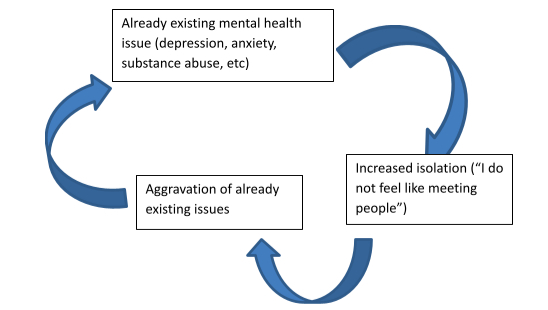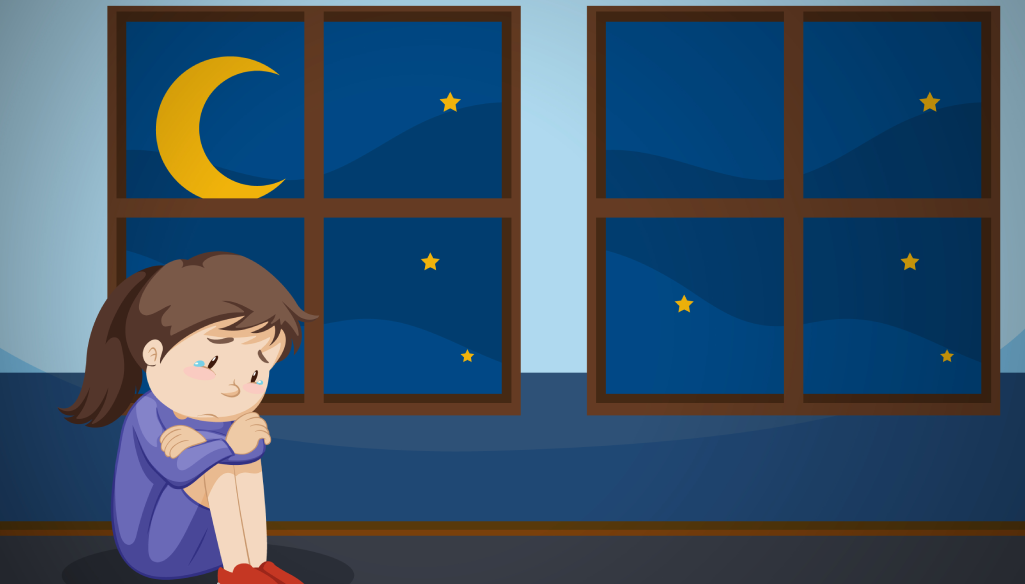We all feel lonely at times. Loneliness is an emotional state. Feelings of loneliness are personal, so everyone’s experience of loneliness will be different. It can be feeling alone or separate from others, or feeling empty.
Isolation, on the other hand, occurs when a person has little or no contact with other people. It can occur over long or short periods of time and is a distinctly physical state. Isolation specifically may be characterized by
Loneliness may accompany social isolation but can be caused by other things, including breakups or divorce, moving to a new location, or the death of a close friend or loved one.
How does isolation affect mental health?

Prolonged isolation can even lead to health problems. Too much time alone may impact cognitive development and lead to poor physical health habits.
Signs and symptoms to look out
Some signs and symptoms that suggest that isolation is affecting one’s mental health may include
What to do?
- Find ways to stay connected to others
Human beings are social animals. We require regular social connection for our mental well-being. Reach out to loved ones in any way possible. - Engage in community
Join a class based on your interests. Try taking part in a book club, or volunteer at local NGOs for causes that matter to you. - Move
Become physically active. Join a gym or a Zumba or dance class. Physical activity significantly increases the “happy-hormones” in the brain which decreases stress hormones. - Seek help
Clinical psychologists at Center for Mental Health which is the best mental health center in India can help you with feelings of loneliness and isolation. Get in touch with us if you see the following changes in yourself or others
Feel free to get in touch with us. We are here for you.

